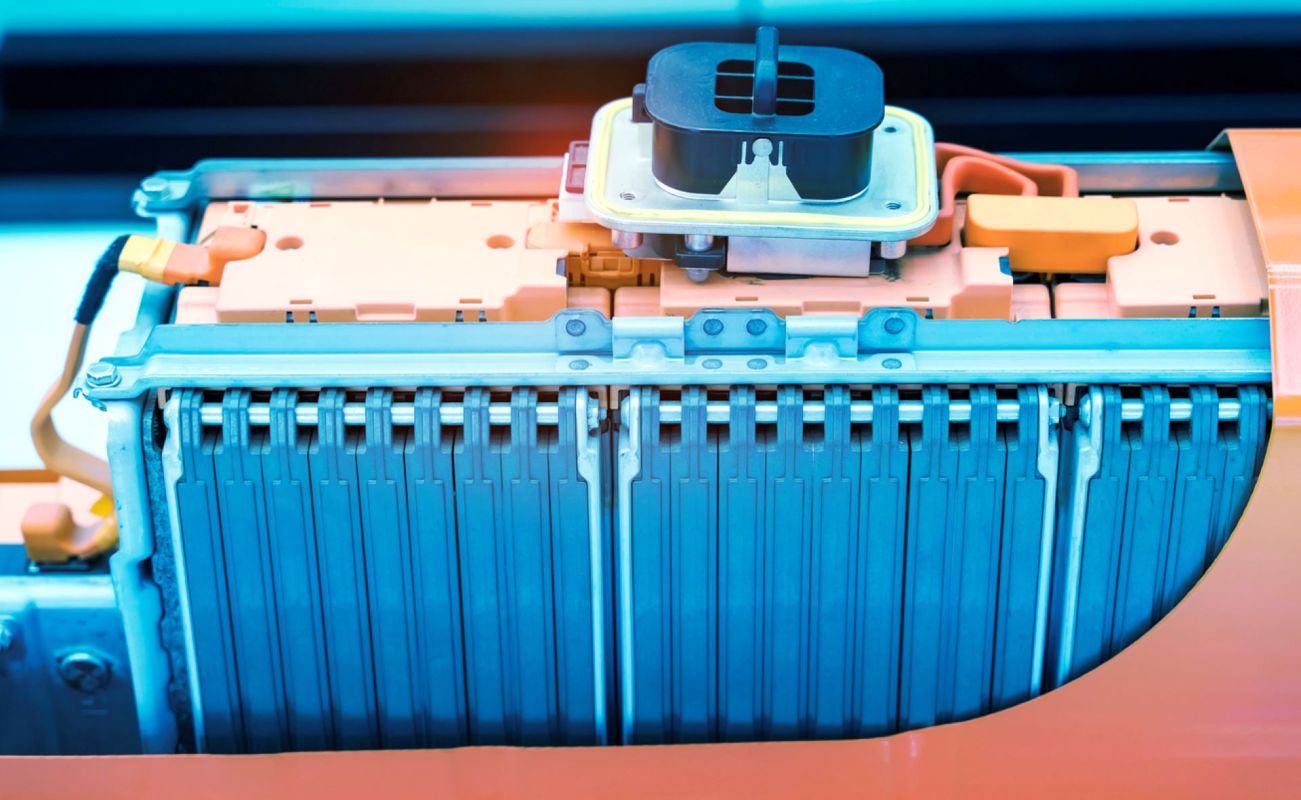Researchers led by scientists at Oxford University have made a huge discovery that could lead to major advances in the world of battery production, especially for electric vehicles. Using advanced imaging techniques, researchers discovered why lithium metal solid-state batteries fail.
Solid-state batteries are the next evolution of batteries in the race to create EVs with greater range, safety, and performance. The goal is to replace the flammable liquid electrolyte found in traditional batteries with a solid electrolyte that stores more energy.
But attempts to create these new batteries have run into some issues, mainly that they're prone to short-circuit when charging. This is caused by metal that builds up on the lithium surface and penetrates the solid electrolyte, crossing from one electrode to the other.
Images produced during the research show the progression of a crack through a solid electrolyte.
Now that researchers know why the batteries short-circuit, they can work toward finding a solution. Solid electrolytes could greatly improve safety, and the use of lithium creates a higher capacity for energy storage.
This comes as battery companies and EV manufacturers are racing to create batteries that will allow for greater range, along with shorter charge times.
Toyota said that within the next few years, it will have a battery that will allow an EV to travel several hundreds of miles on a single charge, something that would likely only be possible if researchers can figure out how to stop solid-state batteries from short-circuiting.
One of the biggest challenges for the researchers is figuring out how a soft metal like lithium can penetrate the dense, hard ceramic electrolyte. Continuing to develop an understanding of why solid-state batteries fail is just one of the hurdles that scientists need to overcome before the new battery technology can be used commercially on a wide scale, but it's an important one.
"Progressing solid-state batteries with lithium metal anodes is one of the most important challenges facing the advancement of battery technologies," Dominic Melvin, a Ph.D. student in the University of Oxford's department of materials and co-author of the study, told SciTechDaily. "While lithium-ion batteries of today will continue to improve, research into solid-state batteries has the potential to be high-reward and a game-changer technology."
Join our free newsletter for weekly updates on the coolest innovations improving our lives and saving our planet.









